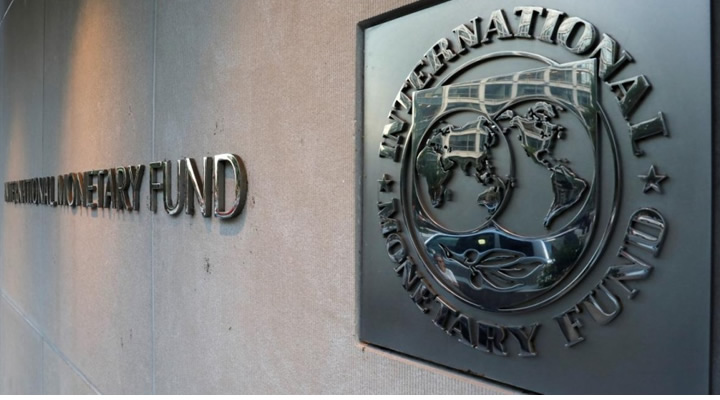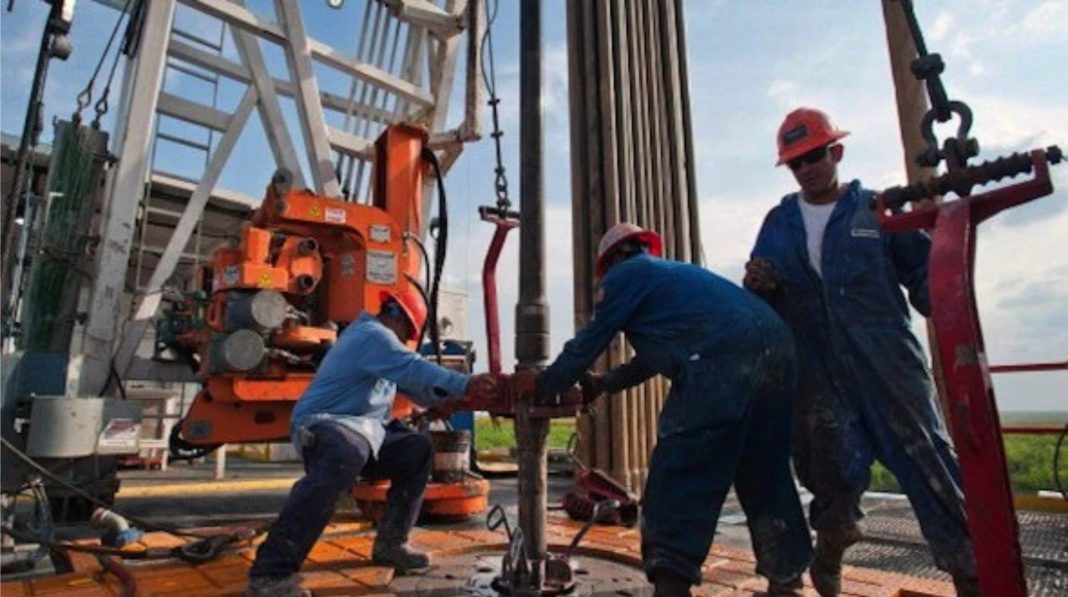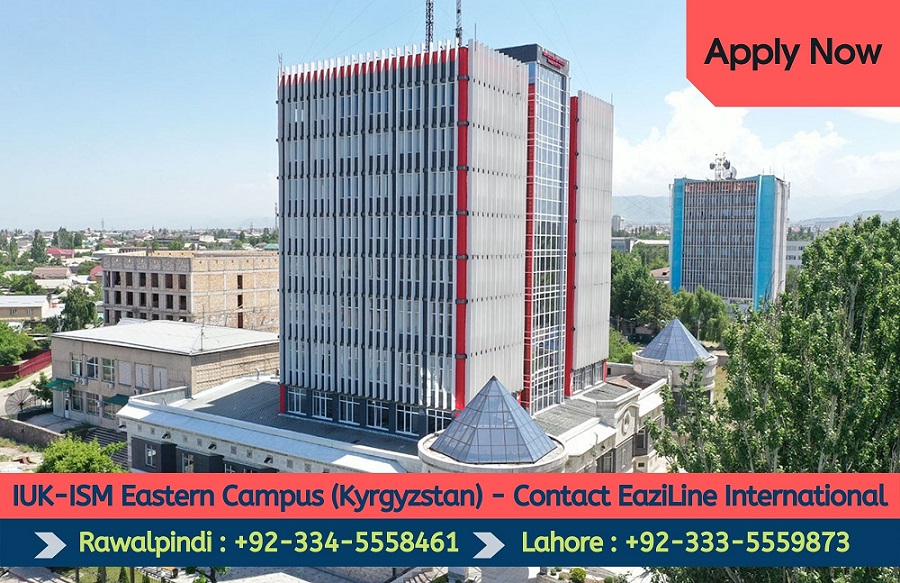By Daniel Edu
The International Monetary Fund (IMF) has suggested that Nigeria should consider implementing a series of measures to address economic challenges following the removal of fuel subsidies and unification of the foreign exchange rates. These measures include collecting more taxes to support the national budget and pay off public debts.
Abebe Selassie, the Director of the IMF Africa Department, made this recommendation during a press briefing at the ongoing World Bank Group/IMF Meeting in Marrakech, Morocco. Selassie noted that while the removal of fuel subsidies and exchange rate reforms were essential, they would be most effective if combined with tighter monetary policies and enhanced revenue generation through taxation.
Selassie stated, “A holistic package of reforms is what’s needed. Nigeria is very dependent on oil, and substantial parts of foreign exchange revenue come from the oil sector. To address fiscal challenges, the country must generate more tax revenues.”
The removal of fuel subsidies in Nigeria resulted in a significant increase in petrol prices, leading to economic hardship for many citizens. Despite these changes, over 90 percent of government revenue continues to be allocated to debt servicing, limiting resources for economic growth and development projects.
The IMF emphasized the importance of a comprehensive approach to address these challenges, suggesting that a mix of economic reforms would be more effective in reinforcing each other. The IMF acknowledged Nigeria’s potential but highlighted the need for a more diversified economy.
Selassie also mentioned that the leaders at the Central Bank of Nigeria and the Ministry of Finance are relatively new in their positions and need time to make adjustments. The IMF expressed confidence in their ability to make the right decisions and provide the government with necessary policy advice.
Dealing with Debt
Regarding Nigeria’s debt situation, the IMF noted that there have been no discussions on debt cancellation or forgiveness. As of June 30, 2023, Nigeria’s total debt stock stood at $113.4 billion. The IMF emphasized the importance of increasing public revenues and addressing the debt servicing challenges, primarily driven by the lack of non-oil tax revenues.
While the IMF acknowledged that Nigeria’s debt stock is manageable, it emphasized that the major issue lies in servicing the debt, given the limited resources generated from taxes. Selassie stated that the key area for reform is improving revenue generation, particularly in non-oil tax revenues.
The IMF’s support for Nigeria’s removal of the forex ban on 43 items was also noted during the press briefing.
Advising a Shift in Funding
The IMF encouraged Nigeria and other economies in sub-Saharan Africa to explore domestic sources of funding, as foreign loans are becoming scarcer and more expensive. The IMF’s regional outlook report highlighted the challenges of relying on volatile private capital markets for development funding.
The report emphasized the need to boost public revenues and expand the pool of private savings. Promoting financial market development and financial inclusion was also recommended as a way to enhance economic growth.
The IMF’s report acknowledged that China is reducing its involvement in Africa, prompting countries to consider alternative sources of funding. African countries, including Nigeria, were advised to review their economic policies in light of China’s evolving role on the continent.
The report also stressed the importance of economic diversification, trade integration, and structural reforms to foster sustainable and inclusive growth in the region.
This advice comes at a time when many African nations are reevaluating their relationships with China and exploring strategies for domestic economic development.





